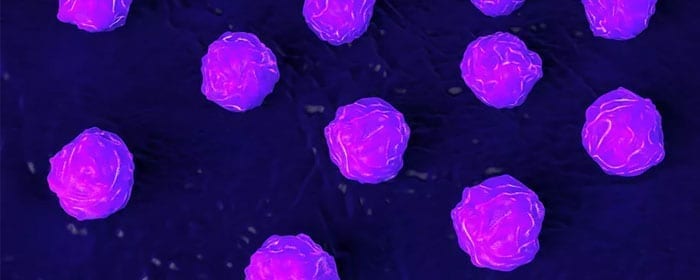Neurodegenerative conditions are neurological disorders that are caused by dysfunctions in part of the brain or nervous system which result in physical or psychological symptoms. They include conditions such as Alzheimer’s disease, Parkinson’s disease, ALS (Amyotrophic Lateral Sclerosis), and Multiple Sclerosis (MS), to name a few. In each of these conditions, certain areas of the brain or spinal cord become dysfunctional as nerve cells die. Stem cells have been considered as a potential source to help reverse or hold progression of symptoms. Research scientists have thoroughly reviewed the available scientific research on adipose (fat)-derived stem cells and have concluded that they show great promise in treating neurodegenerative conditions.
In an article from the Journal of Pharmacological Sciences, scientists explain that adipose-derived stem cells can play a unique and potentially beneficial role in many neurological conditions. For example, stem cells may be able to restore the learning and memory deficits that occur in Alzheimer’s disease by blocking or reducing the damage that occurs to the brain. Adipose-derived stem cells may be able to delay the progression of amyotrophic lateral sclerosis (ALS) or Lou Gehrig’s disease. In Huntington’s disease, a neurodegenerative condition that causes uncontrollable, dancelike movements, stem cells may be able to slow the rate at which nerve cells die in key areas of the brain. And for those with Parkinson’s disease, a neurological disease in which people have tremors, rigidity, and shuffling gait, stem cells show promise for relieving symptoms and slowing or halting the rate of progression.
The researchers also explored the possibility of adipose-derived stem cells treating other neurological conditions such as spinal cord injury and stroke. When people sustain damage to the spinal cord, one of the reasons that they cannot regain function is due to scar tissue forming at the site of injury. Adipose-derived stem cells may be able to block these scars, and potentially help nerve cell fibers regrow. During a stroke, there is a lack of blood flow to the brain causing blood cells to die. Adipose-derived stem cells may be able to reduce the amount of damage to brain tissue and allow patients to preserve more of their natural abilities.
In all of these cases, continued clinical trials are needed to demonstrate the positive effect of adipose-derived stem cells. Nonetheless, the scientific evidence is strong in supporting these treatments. As the authors of the review state, adipose-derived stem cells are “very likely to be a promising clinical option for the treatment of diverse neurological disorder patients.”


 St. Petersburg, Florida
St. Petersburg, Florida
